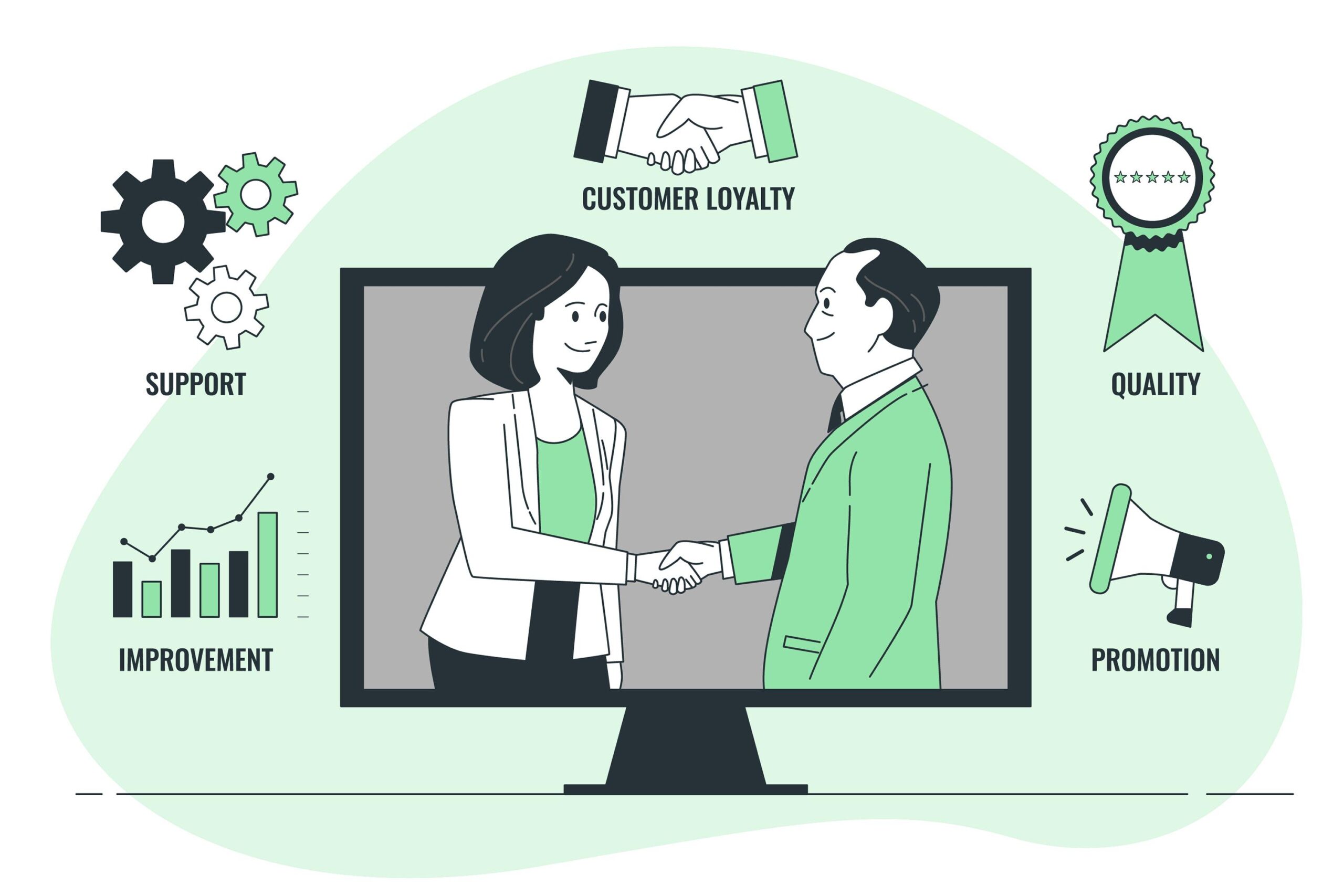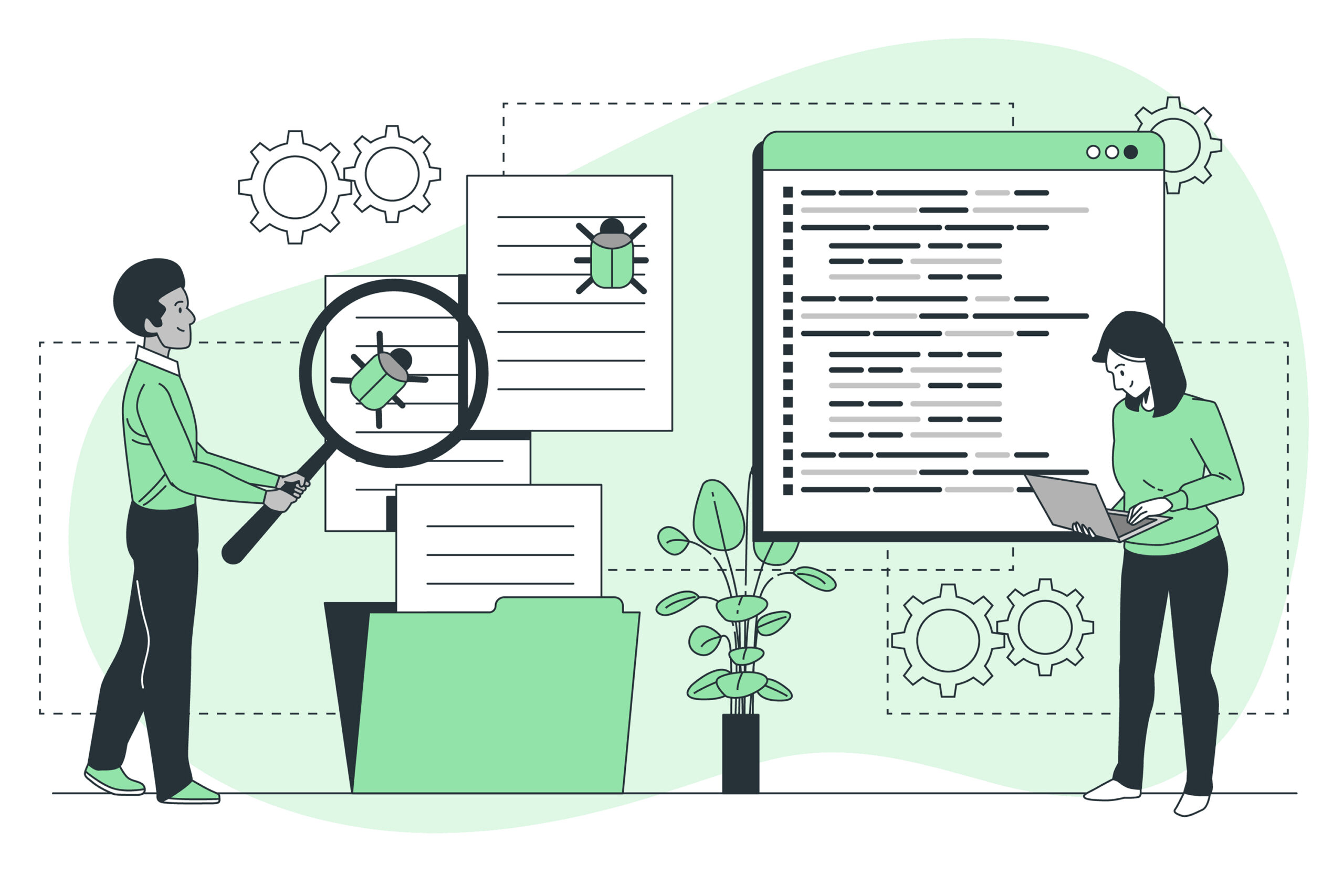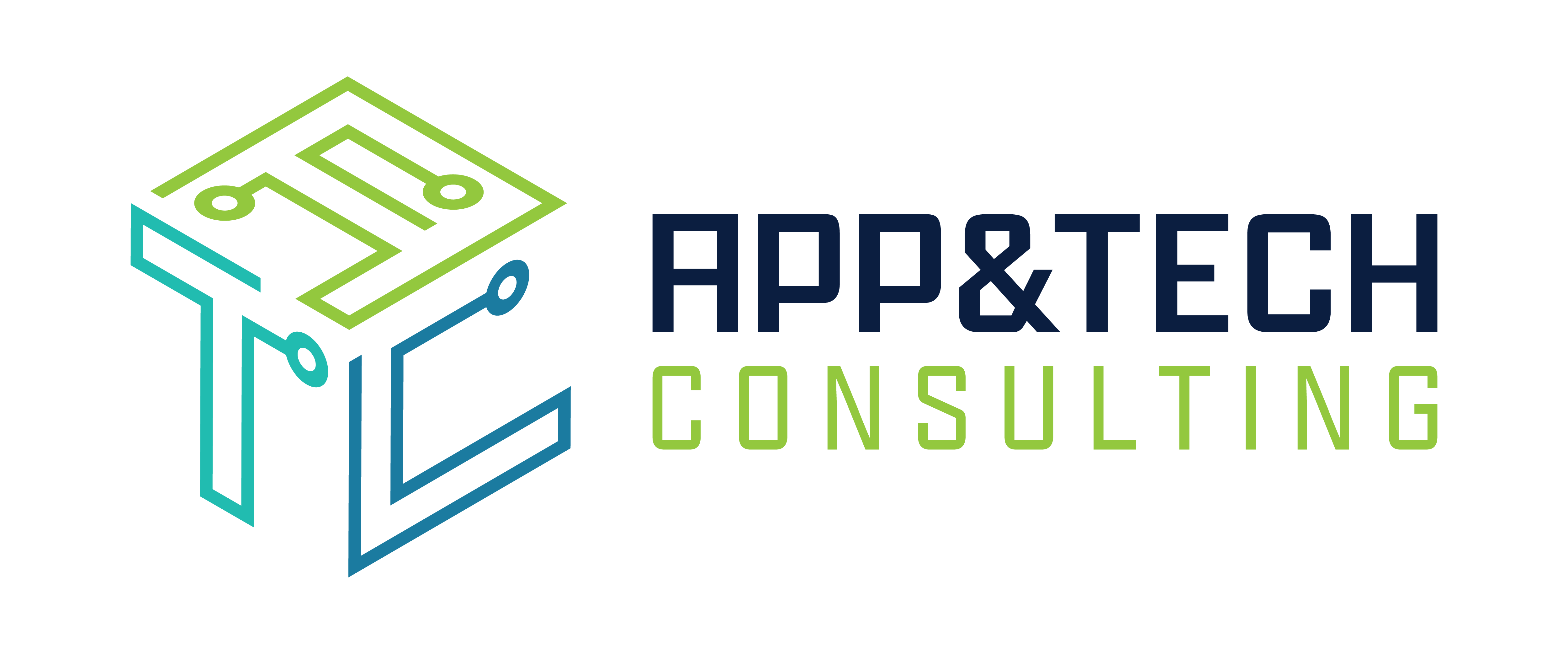What Services We Offer
App&Tech Consulting provides application and technology consulting services. With a customized approach, we will find the best solution to support the needs of your company.
Types of Testing
Software testing involves various types of testing to ensure the quality, functionality, and performance of a software application.
System Testing
Evaluating the entire system to ensure it meets specified requirements and functions as expected.
Acceptance Testing
Confirming that the software meets user acceptance criteria and is ready for deployment.
Functional Testing
Validating that the software functions according to specifications.
Regression Testing
Verifying that new changes do not negatively impact existing functionalities.
Usability Testing
Assessing the user-friendliness and overall user experience of the software.
Each testing type serves a specific purpose in ensuring the overall quality and reliability of the software. The selection of testing types depends on the project’s requirements and objectives.
Work Process
Our testing process typically involves several key steps, which can be summarized as follows:

Image attribution
Image by storyset on Freepik
Understanding Client Requirements
Understanding and analyzing the software requirements to create a comprehensive testing plan.

Image attribution
Image by storyset on Freepik
Strategic Planning and Test Case Design
Developing a detailed test plan that outlines the scope, objectives, resources, schedule, and approach for the testing process.
Creating test cases based on the specified requirements, design documents, and functional specifications.

Image attribution
Image by storyset on Freepik
Test Execution and Final Reporting
Running the test cases to identify potential defects or issues. Documenting and reporting any identified defects or issues to the development team, including details on how to reproduce the issues.
Summarizing the testing activities, evaluating the test process, and generating a final report.


